Shred Smart and Stay Safe with These Must-Destroy Documents
Shred Smart and Stay Safe with These Must-Destroy Documents
In the age of digital transformation, you might think paper records are a thing of the past. But the truth is, physical documents still play a crucial role in business operations. However, they can also pose significant risks if not disposed of properly.
This is especially true for small business owners who often handle sensitive information daily. A single misplaced or improperly discarded document can lead to identity theft, legal troubles, or even financial ruin.
This post highlights the importance of shredding sensitive documents and provides a guide on the eight types of documents that must be shredded to protect
your business, your employees, and your clients.
The Danger of Neglecting Document Destruction
Before we get into the specifics, let's talk about why shredding is so important. Many small business owners underestimate the potential risks associated with improper document disposal. Sensitive information falling into the wrong hands can have severe consequences for your business.
Unauthorized access to your business's financial records can lead to embezzlement and fraud. Personal data of your employees and clients, if exposed, can result in identity theft and legal actions against your business.
By securely shredding documents, you significantly reduce these risks, ensuring that sensitive information is completely destroyed and cannot be reconstructed or misused.
1. Financial Records
Financial records are the lifeblood of any business. They contain sensitive information about the company's earnings, expenses, and financial health. However, once these records are no longer needed, they become a liability. Shredding financial documents that are no longer in use helps protect your business from fraud and unauthorized access.
Bank statements, credit card receipts, and financial reports are just a few examples of documents that should be shredded. These documents often contain account numbers, transaction details, and other pieces of information that could be exploited if they fall into the wrong hands. By shredding these documents, you ensure that your financial data remains confidential.
2. Tax Documents
Tax documents are another category of records that require careful handling. While it's crucial to keep tax documents for a certain period for auditing purposes, they should be securely shredded once they are no longer needed. Keeping old tax records increases the risk of sensitive information, such as social security numbers and financial details, being compromised.
Shredding tax documents helps prevent identity theft and ensures compliance with privacy regulations. It also declutters your workspace, allowing you to focus on current tax-related matters rather than being bogged down by outdated records.
3. Employee Records
Employee records contain a wealth of personal information that must be protected at all costs. These documents include employment applications, performance reviews, disciplinary records, and payroll information. If these records are not disposed of properly, it could lead to identity theft or misuse of personal data.
To safeguard your employees' privacy, it is essential to shred any outdated or unnecessary employee records. This step not only protects your employees but also demonstrates your commitment to maintaining a secure and trustworthy workplace.
4. Client and Customer Information
Small businesses often handle sensitive information related to their clients and customers. This information can include contact details, purchase history, payment information, and even personal preferences. Breaching the confidentiality of client information can damage your business's reputation and result in legal consequences.
By shredding documents containing client and customer information, you protect their privacy and build trust with your clientele. Properly disposing of this information ensures that it won't be accessed or used without authorization.
5. Contracts and Agreements
Contracts and agreements are critical documents that outline the terms and conditions of business relationships. Once these contracts are no longer active, they should be securely shredded to prevent any potential misuse of the information contained within them.
Shredding old contracts and agreements not only protects your business but also ensures that proprietary information and trade secrets remain confidential. It is a proactive step towards safeguarding your business interests and maintaining the trust of your partners and clients.
6. Marketing and Sales Reports
Marketing and sales reports are valuable documents that provide insights into your business strategies and performance. However, once the data has served its purpose, keeping these reports can pose a security risk. These documents often contain sensitive information about your business's market position, customer demographics, and sales performance.
Shredding outdated marketing and sales reports helps protect your competitive advantage and prevents unauthorized access to your business strategies. It ensures that confidential information remains secure and reduces the risk of it falling into the hands of your competitors.
7. Legal Documents
Legal documents encompass a wide range of sensitive information, including contracts, court filings, and legal correspondence. These documents often contain privileged information that must be handled with the utmost care. Keeping old legal documents can expose your business to unnecessary risks.
To mitigate these risks, it is crucial to shred any outdated or unnecessary legal documents. This practice ensures that confidential legal information remains protected and reduces the likelihood of unauthorized access.
8. Internal Memos and Correspondence
Internal memos and correspondence may not always seem like high-priority documents, but they can still contain sensitive information about your business operations. These documents often include discussions about company strategies, employee issues, and other confidential matters.
Shredding internal memos and correspondence that are no longer needed helps maintain the confidentiality of your business operations. It ensures that sensitive information does not leak outside the organization and reduces the risk of internal disputes or misunderstandings.
Conclusion
Shredding sensitive documents is a crucial step in protecting your small business from potential risks.
Implementing a regular shredding routine and following best practices ensures that sensitive information remains confidential and secure. Take proactive steps to protect your business today by incorporating shredding into your document management strategy.
Ready to ensure your data is securely destroyed?
At Data Shredder Corporation, we understand how crucial it is to destroy sensitive data securely and e-waste recycling in Massachusetts. We're here to offer you the best hard drive data destruction, shredding, and electronics recycling services in Massachusetts, ensuring your peace of mind while contributing to the planet's health.
Your trust is our top priority, and we're dedicated to safeguarding your information with our certified, dependable solutions. Before a security breach even whispers your name, give us a call at (508) 915-7235 or fill out our contact form.
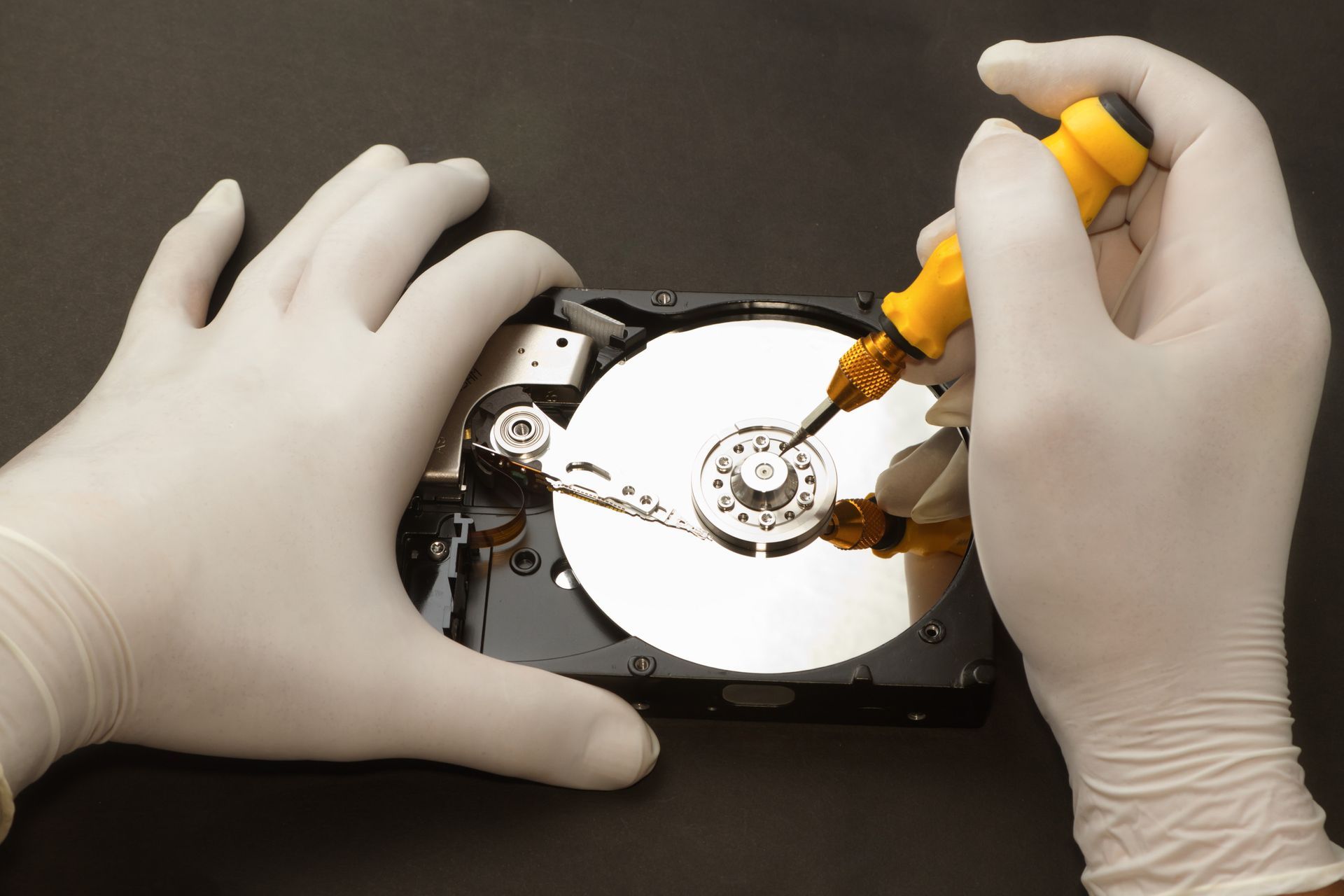
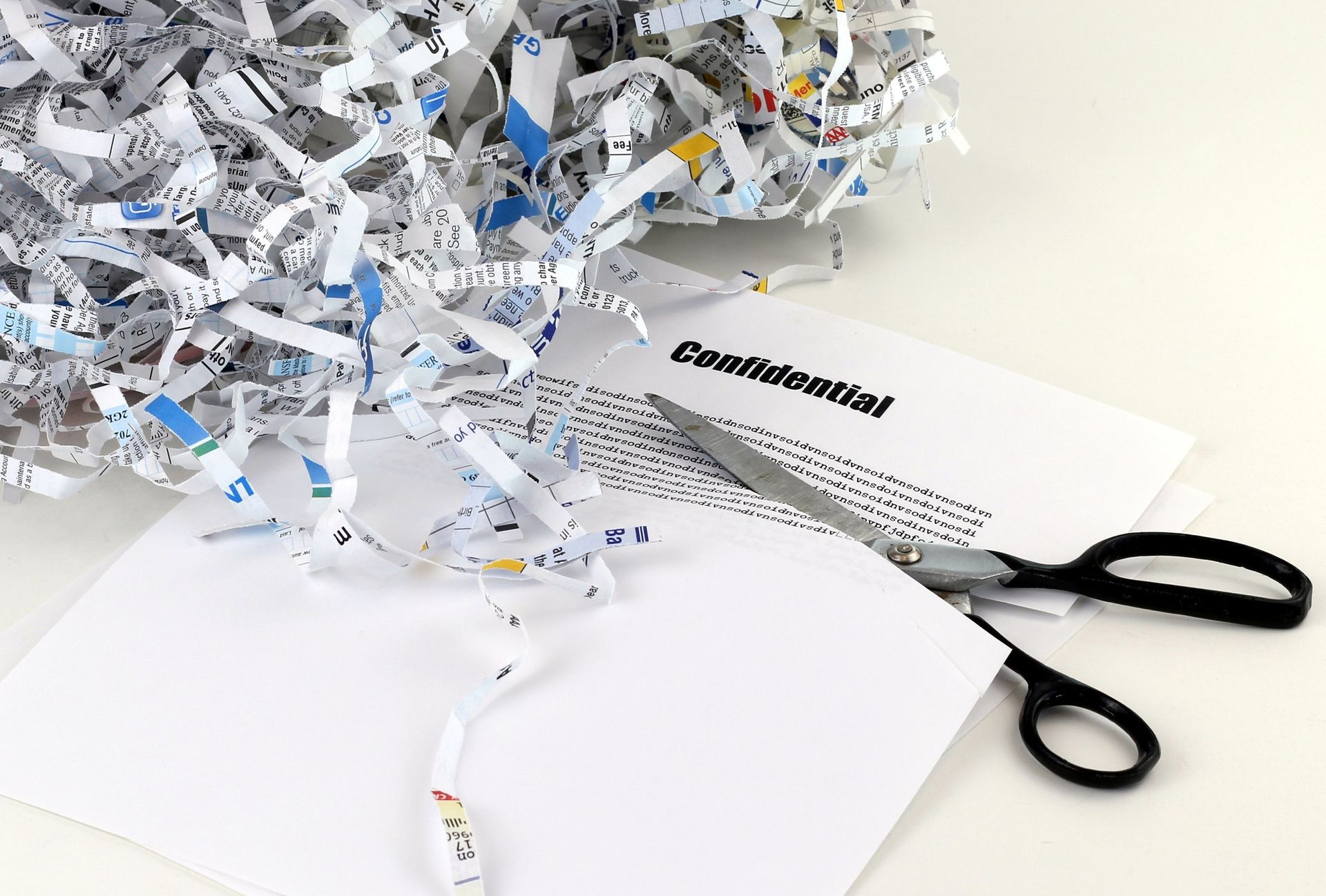

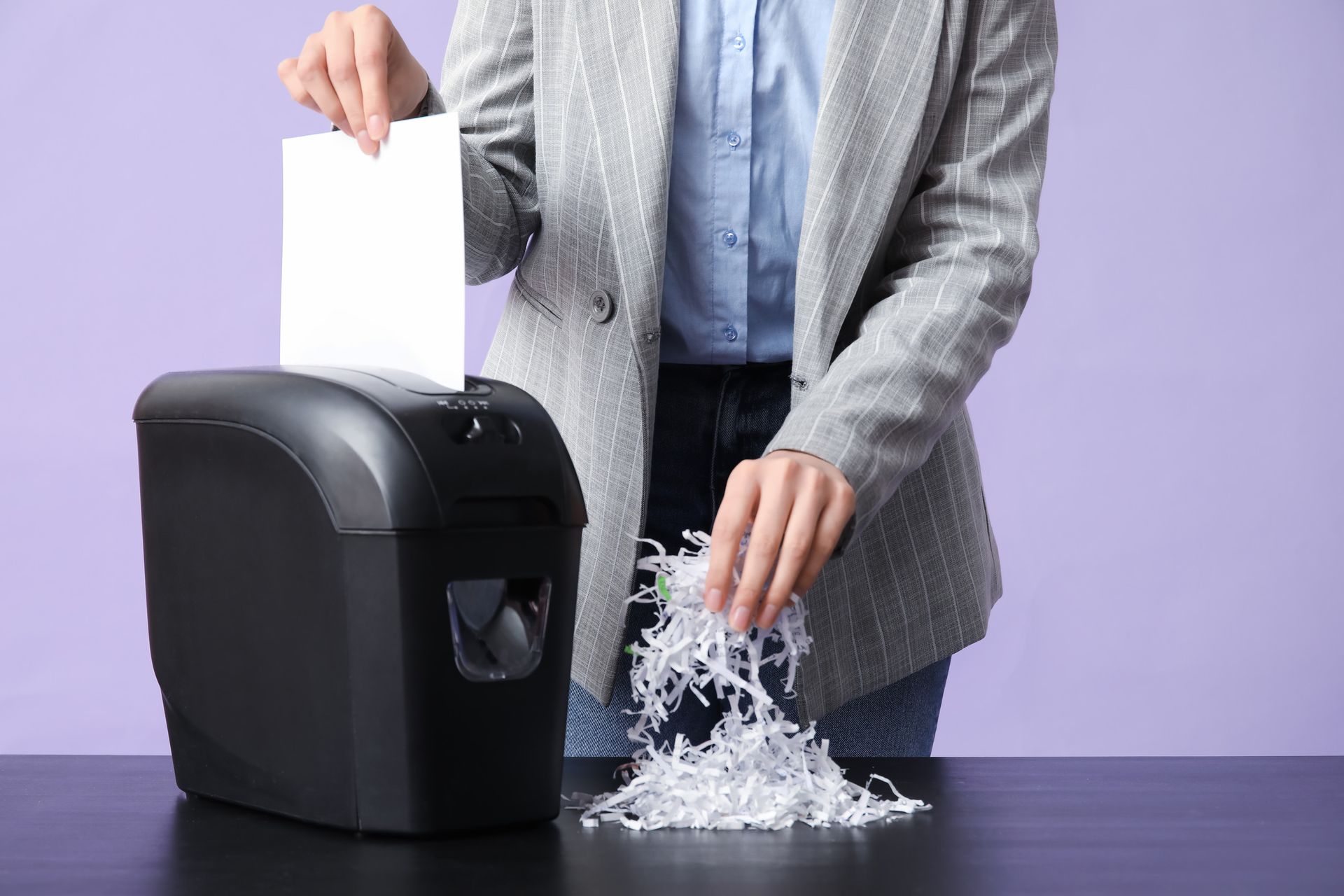

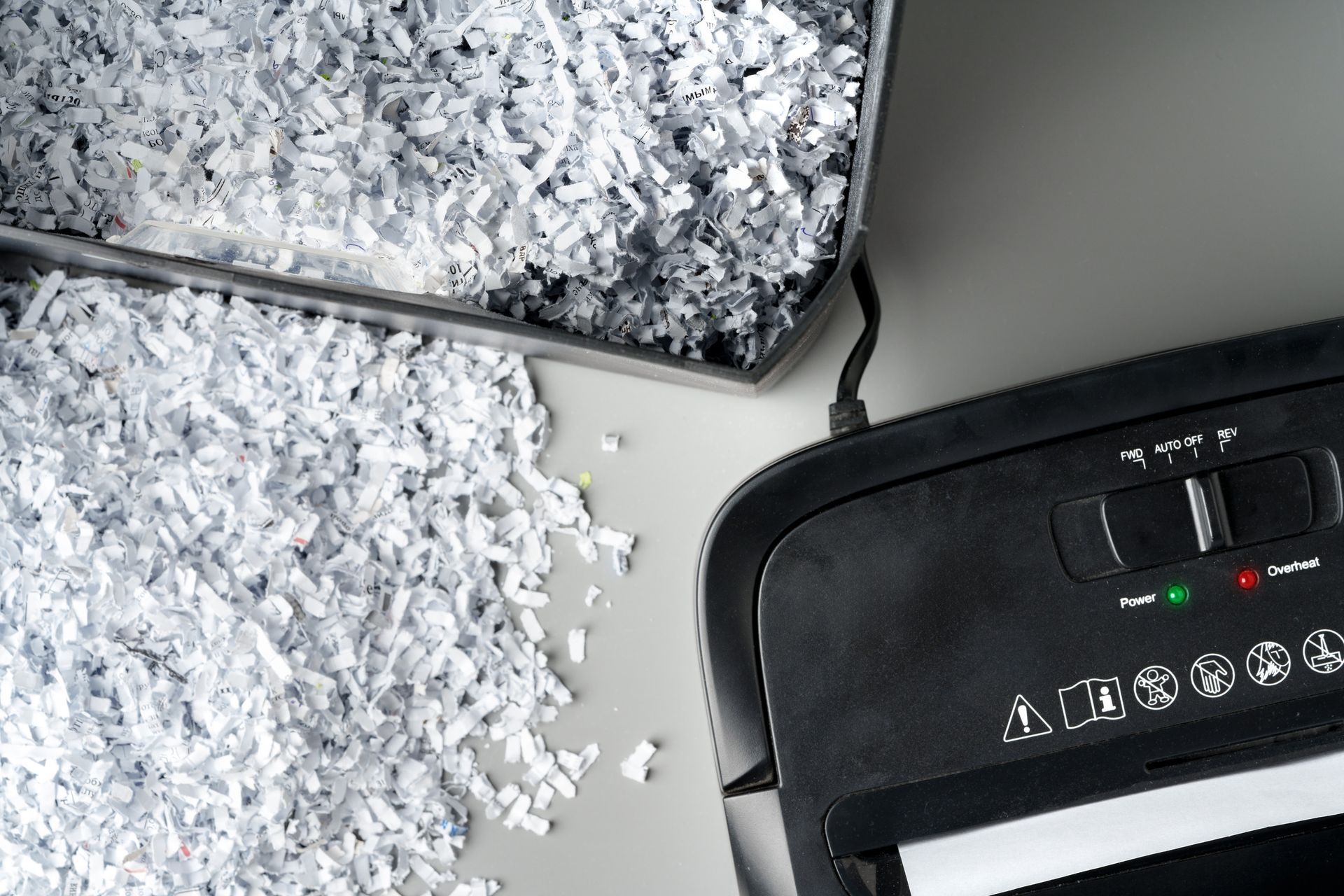
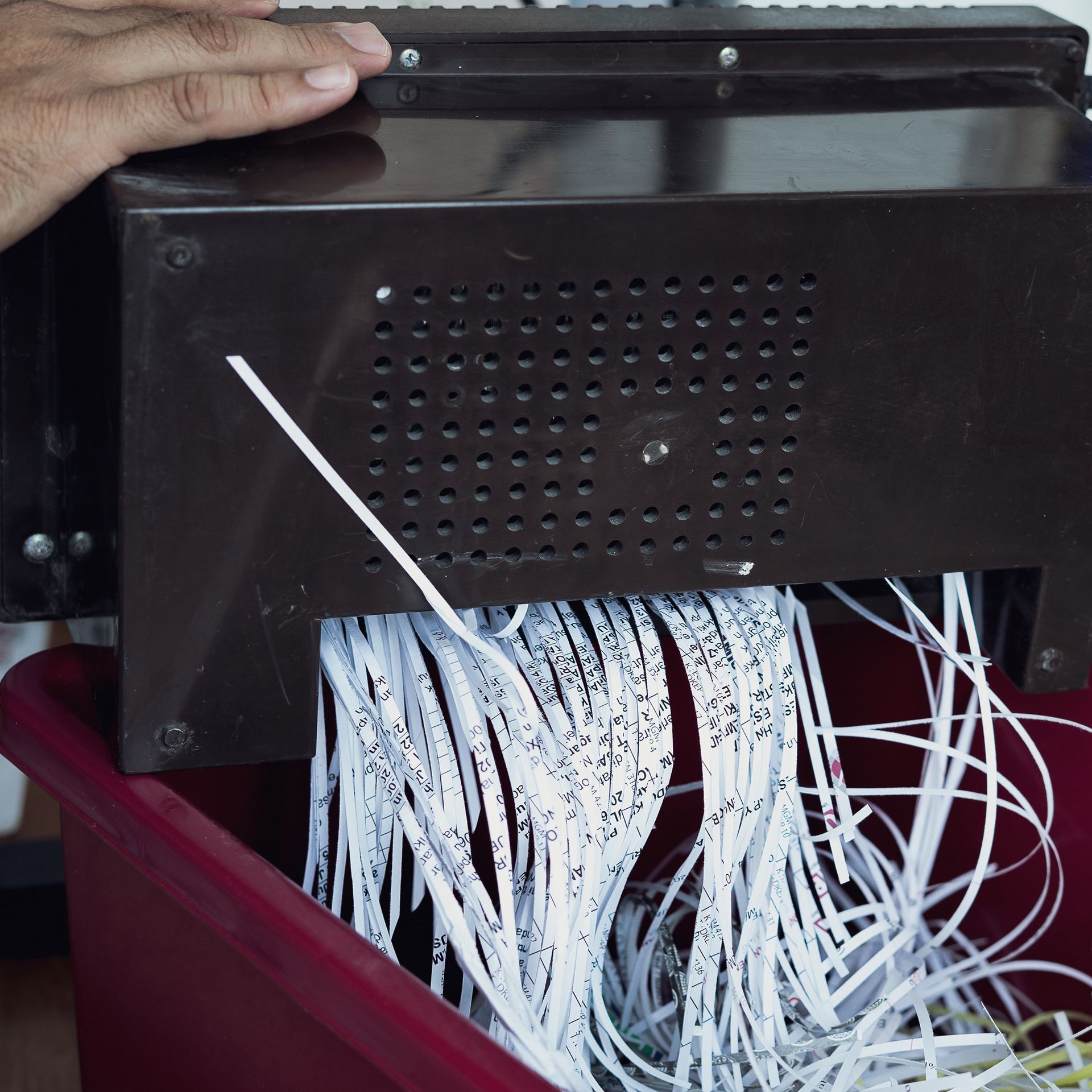
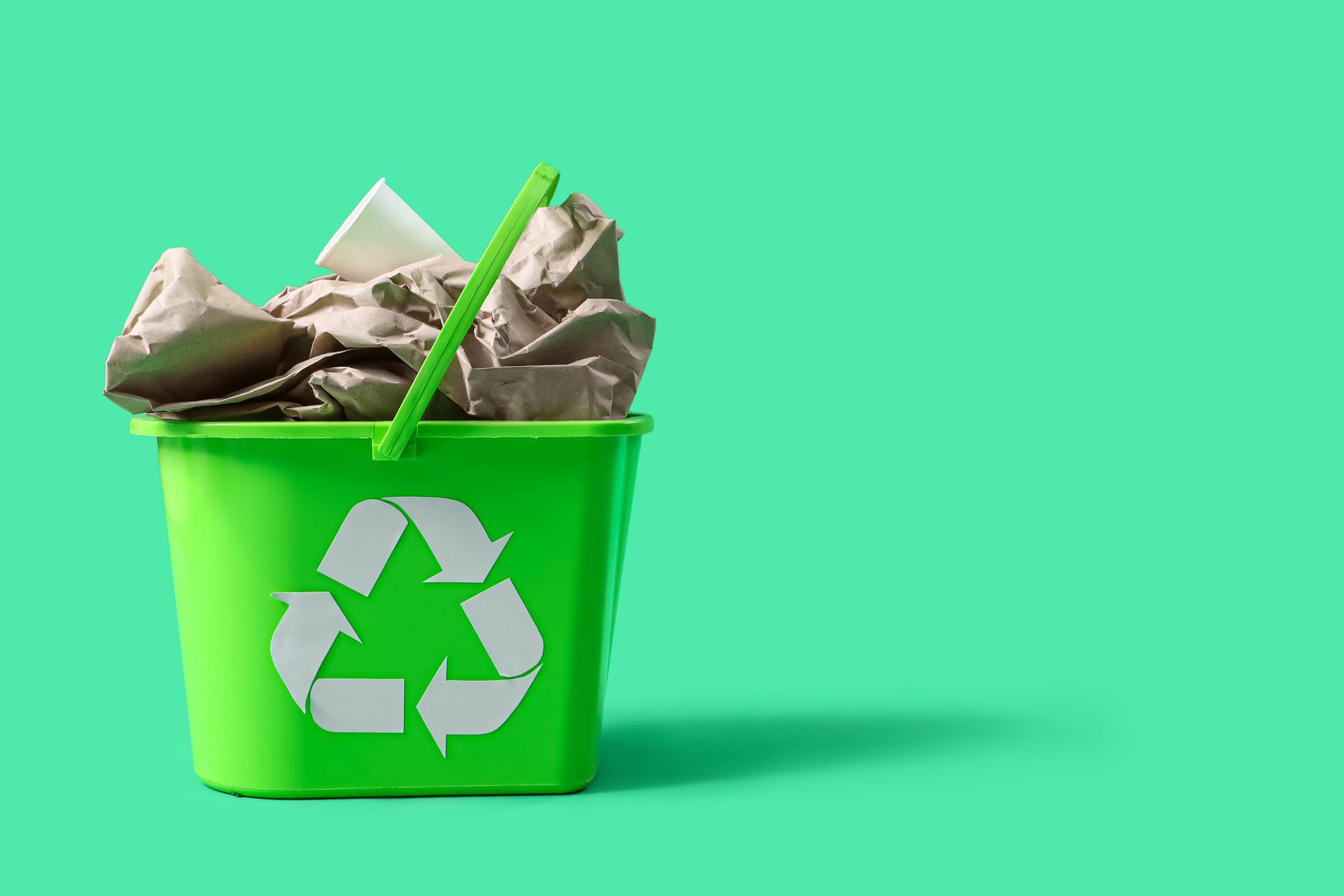
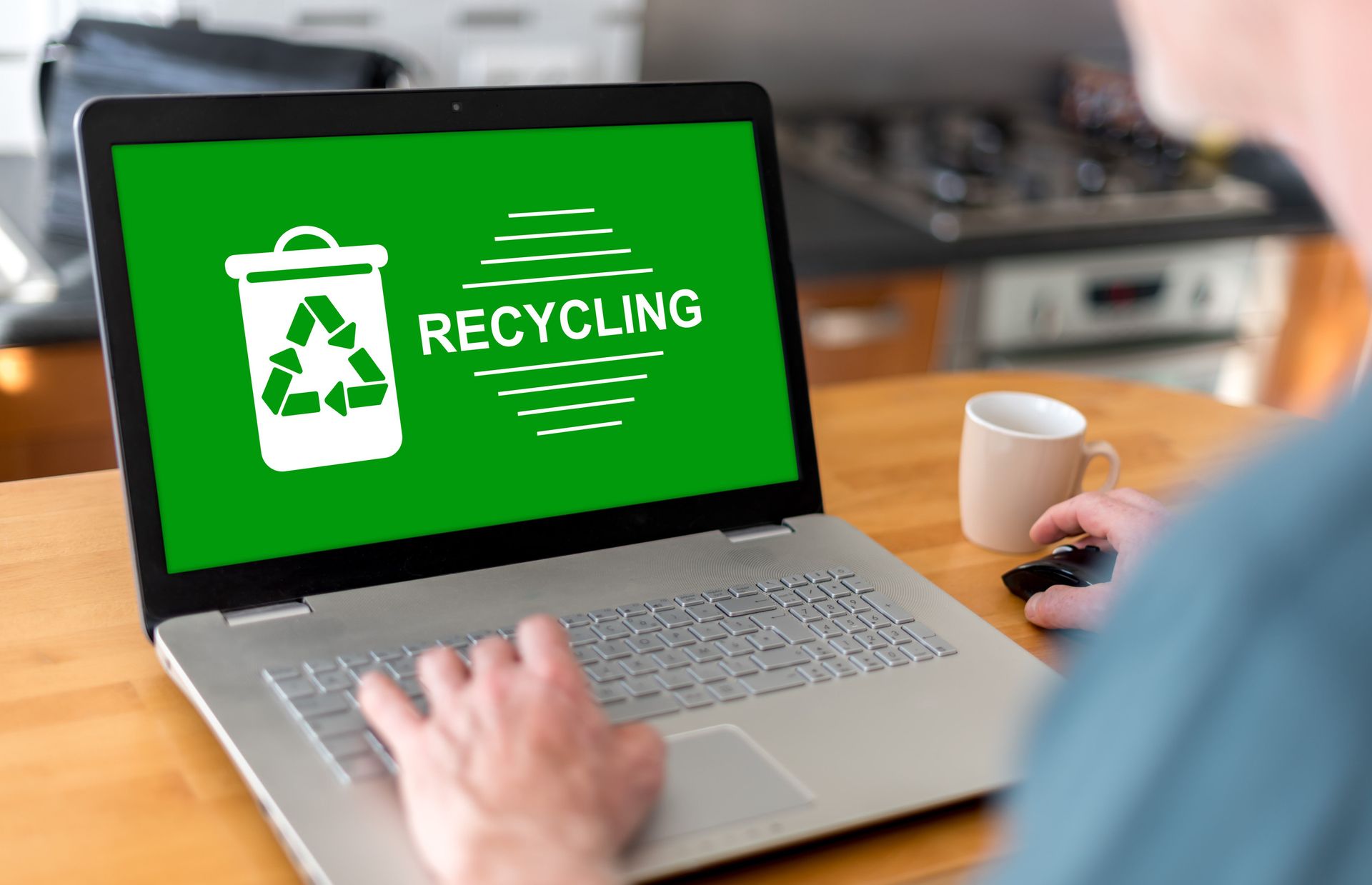
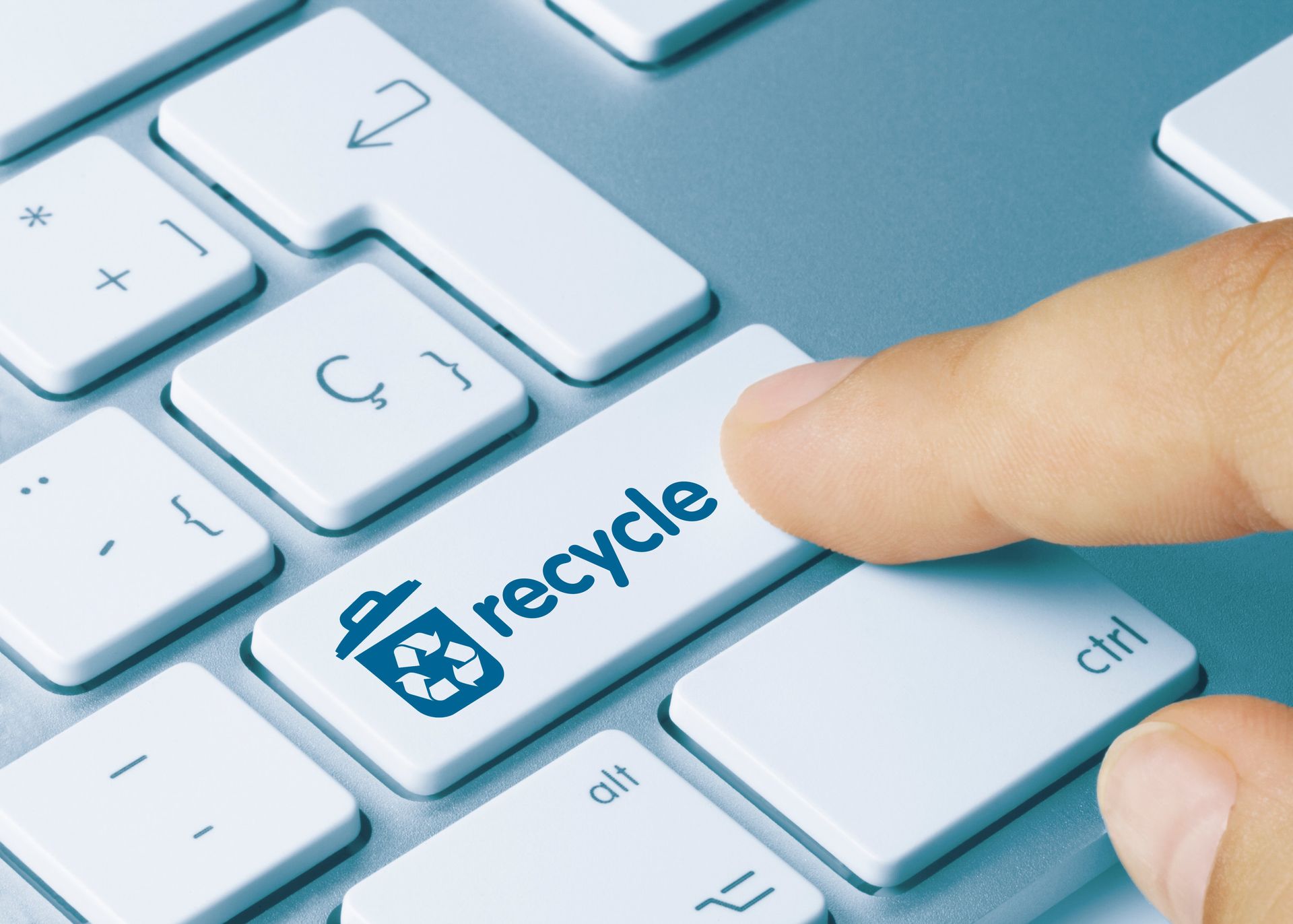
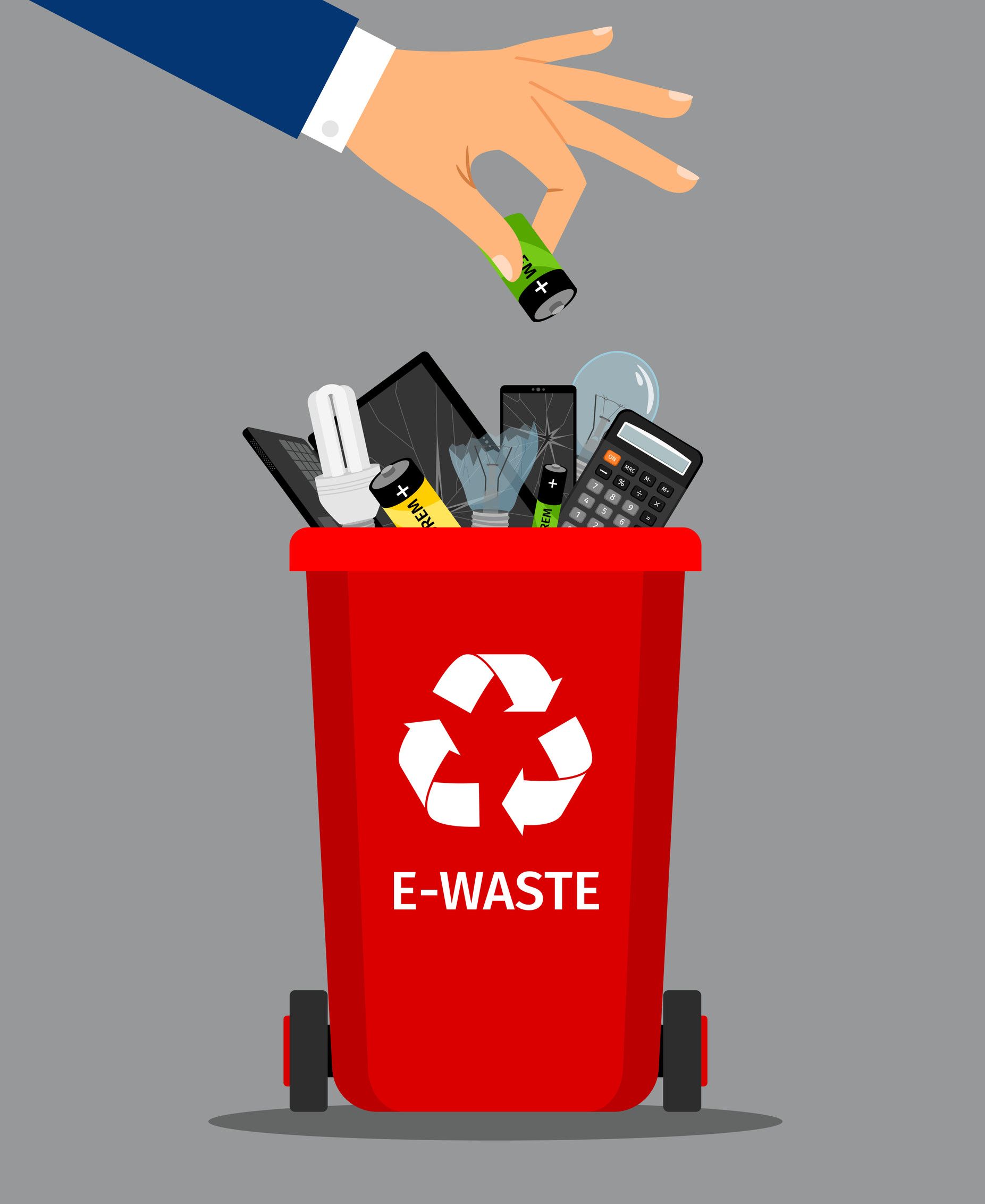
Share On: